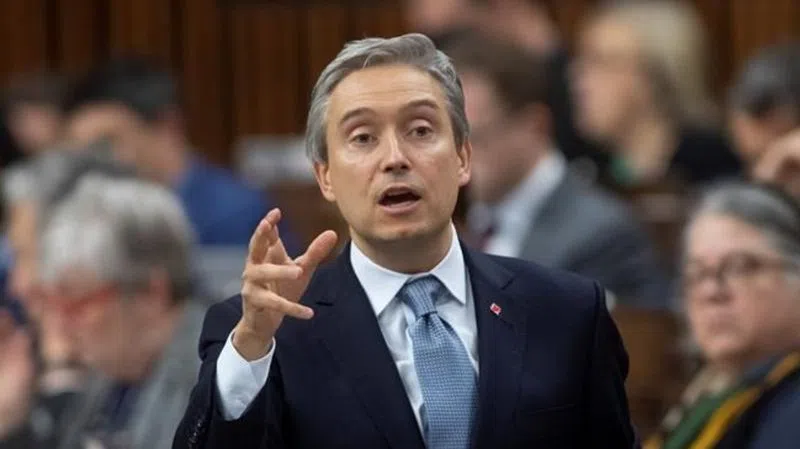
Champagne heads to Europe to discuss Iran crash in Ukraine, meet troops in Latvia
OTTAWA — Foreign Affairs Minister Francois-Philippe Champagne says he will make a renewed push for compensation for families of people who died in the Ukraine International Airlines crash on a three-country trip to eastern Europe next week.
Champagne said Thursday he will meet top airline officials in Ukraine, as part of a two-track approach to securing compensation for the families of the 57 Canadians who were killed last month when Iran shot down a Ukrainian plane leaving Tehran for Kyiv.
He will discuss the efforts to press for financial compensation from both Ukraine International Airlines and Iran, which has admitted it fired two missiles at Ukraine International Airlines Flight 752, killing all 176 people on board.
Citizens of Britain, Sweden, Afghanistan and Ukraine also died, and Champagne is chairing an international response group for foreign ministers from those countries to keep pressure on Tehran.


